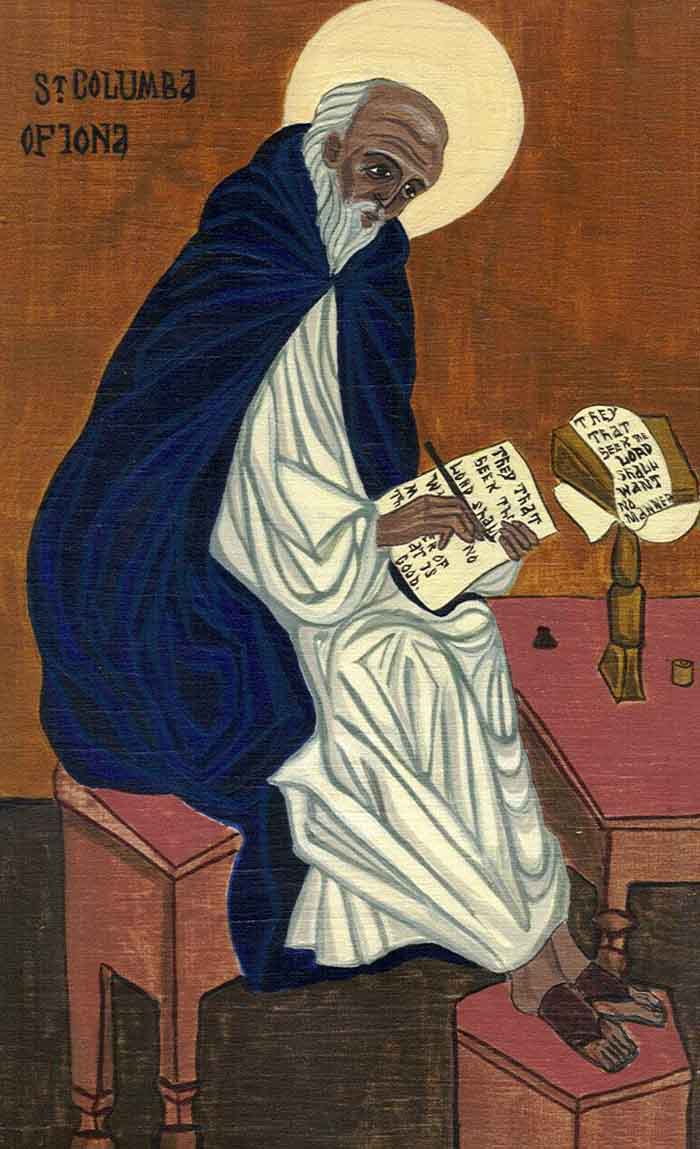+
Veritatis Splendor
Given in Rome, at Saint Peter's, on 6 August, Feast of the Transfiguration of the Lord, in the year 1993, the fifteenth of his Pontificate.
"Teacher, what good must I do to have eternal life?" (Mt 19:16)
8. The question which the rich young man puts to Jesus of Nazareth is one which rises from the depths of his heart. It is an essential and unavoidable question for the life of every man, for it is about the moral good which must be done, and about eternal life.
The young man senses that there is a connection between moral good and the fulfilment of his own destiny. He is a devout Israelite, raised as it were in the shadow of the Law of the Lord. If he asks Jesus this question, we can presume that it is not because he is ignorant of the answer contained in the Law.
It is more likely that the attractiveness of the person of Jesus had prompted within him new questions about moral good. He feels the need to draw near to the One who had begun his preaching with this new and decisive proclamation: "The time is fulfilled, and the Kingdom of God is at hand; repent, and believe in the Gospel" (Mk 1:15).
People today need to turn to Christ once again in order to receive from him the answer to their questions about what is good and what is evil. Christ is the Teacher, the Risen One who has life in himself and who is always present in his Church and in the world. It is he who opens up to the faithful the book of the Scriptures and, by fully revealing the Father's will, teaches the truth about moral action. At the source and summit of the economy of salvation, as the Alpha and the Omega of human history (cf. Rev 1:8; 21:6; 22:13), Christ sheds light on man's condition and his integral vocation.
Consequently, "the man who wishes to understand himself thoroughly — and not just in accordance with immediate, partial, often superficial, and even illusory standards and measures of his being — must with his unrest, uncertainty and even his weakness and sinfulness, with his life and death, draw near to Christ.
He must, so to speak, enter him with all his own self; he must 'appropriate' and assimilate the whole of the reality of the Incarnation and Redemption in order to find himself. If this profound process takes place within him, he then bears fruit not only of adoration of God but also of deeper wonder at himself".
If we therefore wish to go to the heart of the Gospel's moral teaching and grasp its profound and unchanging content, we must carefully inquire into the meaning of the question asked by the rich young man in the Gospel and, even more, the meaning of Jesus' reply, allowing ourselves to be guided by him. Jesus, as a patient and sensitive teacher, answers the young man by taking him, as it were, by the hand, and leading him step by step to the full truth.
Saint John Paul II
6 August A.D. 1993
Transfiguration of the Lord
+

















